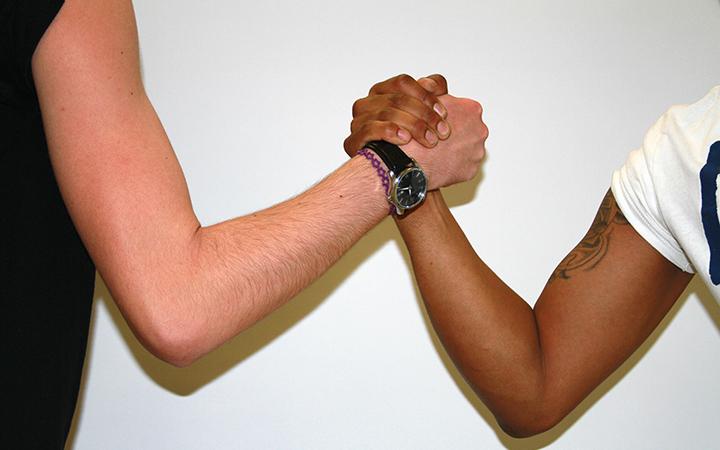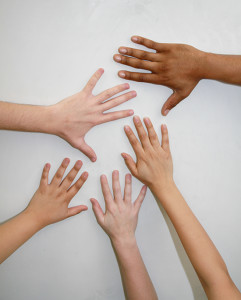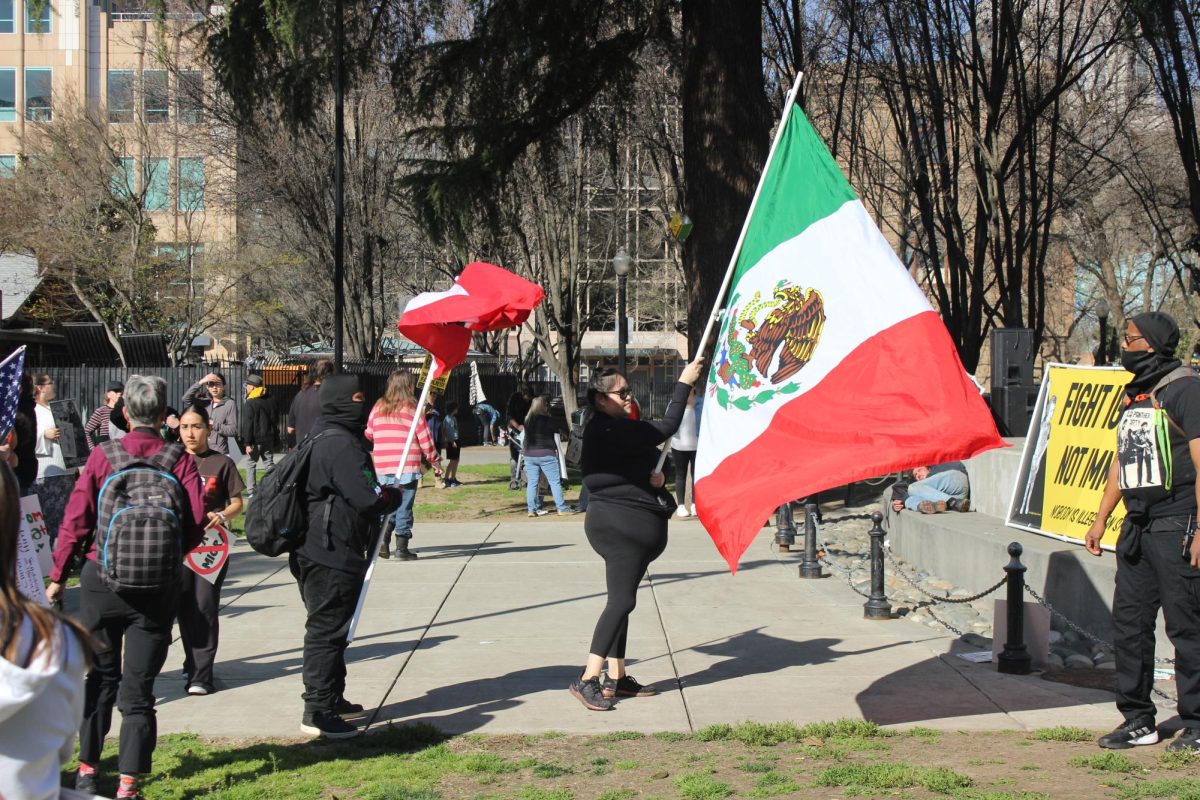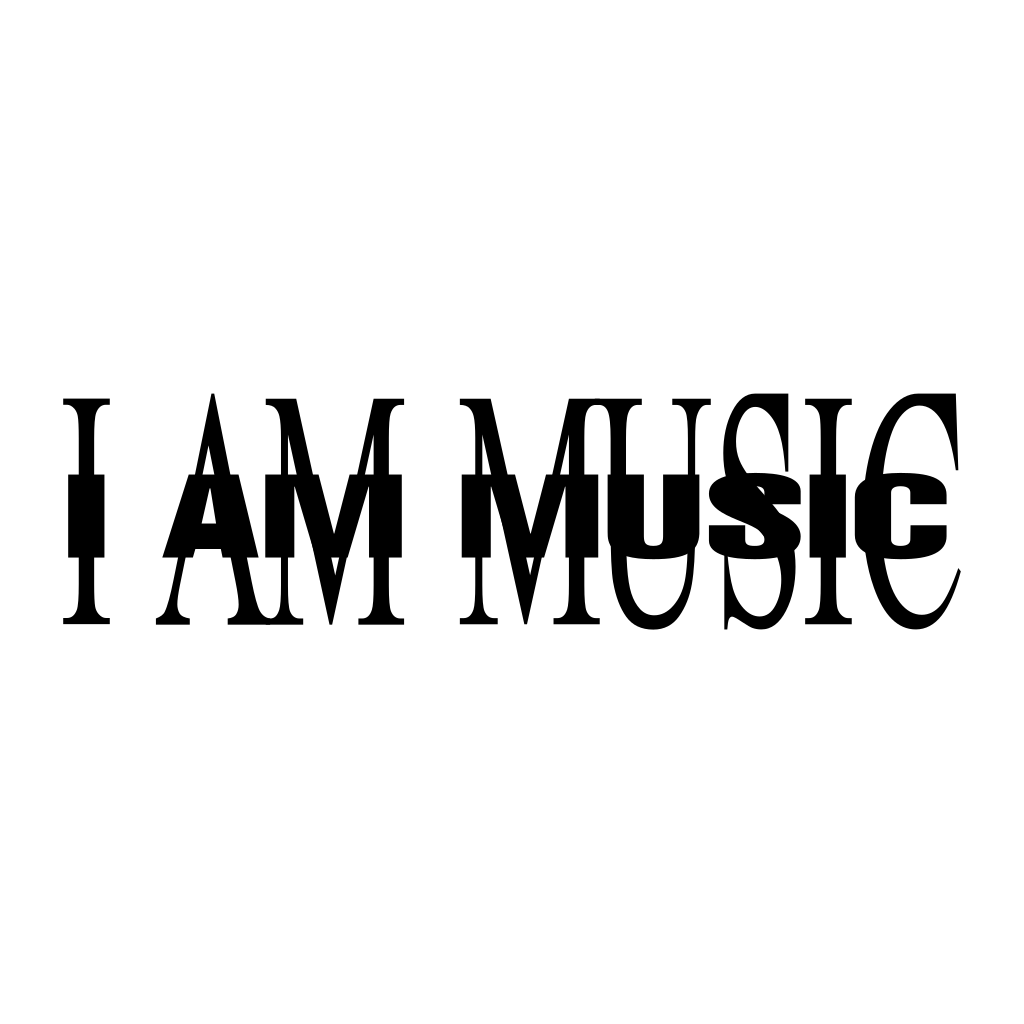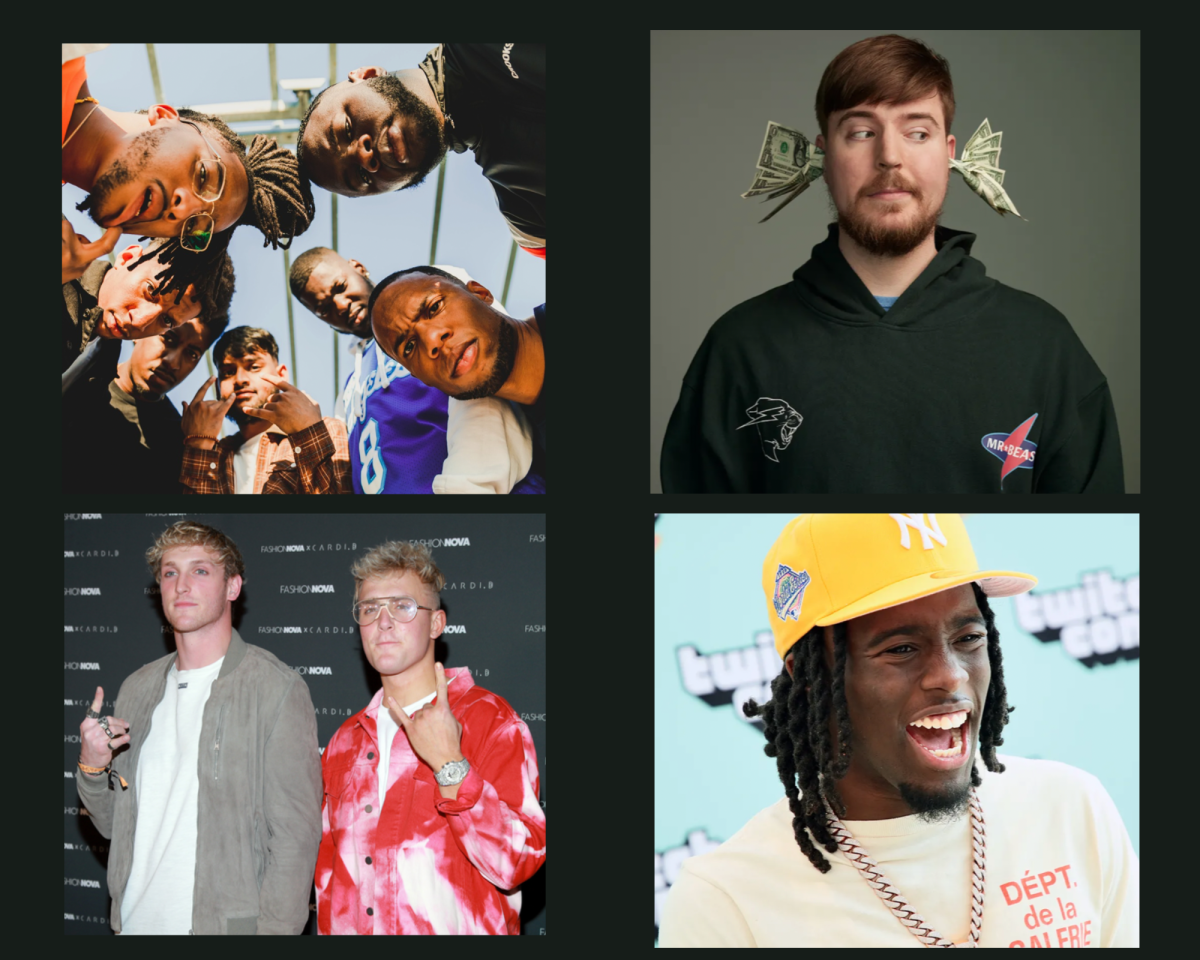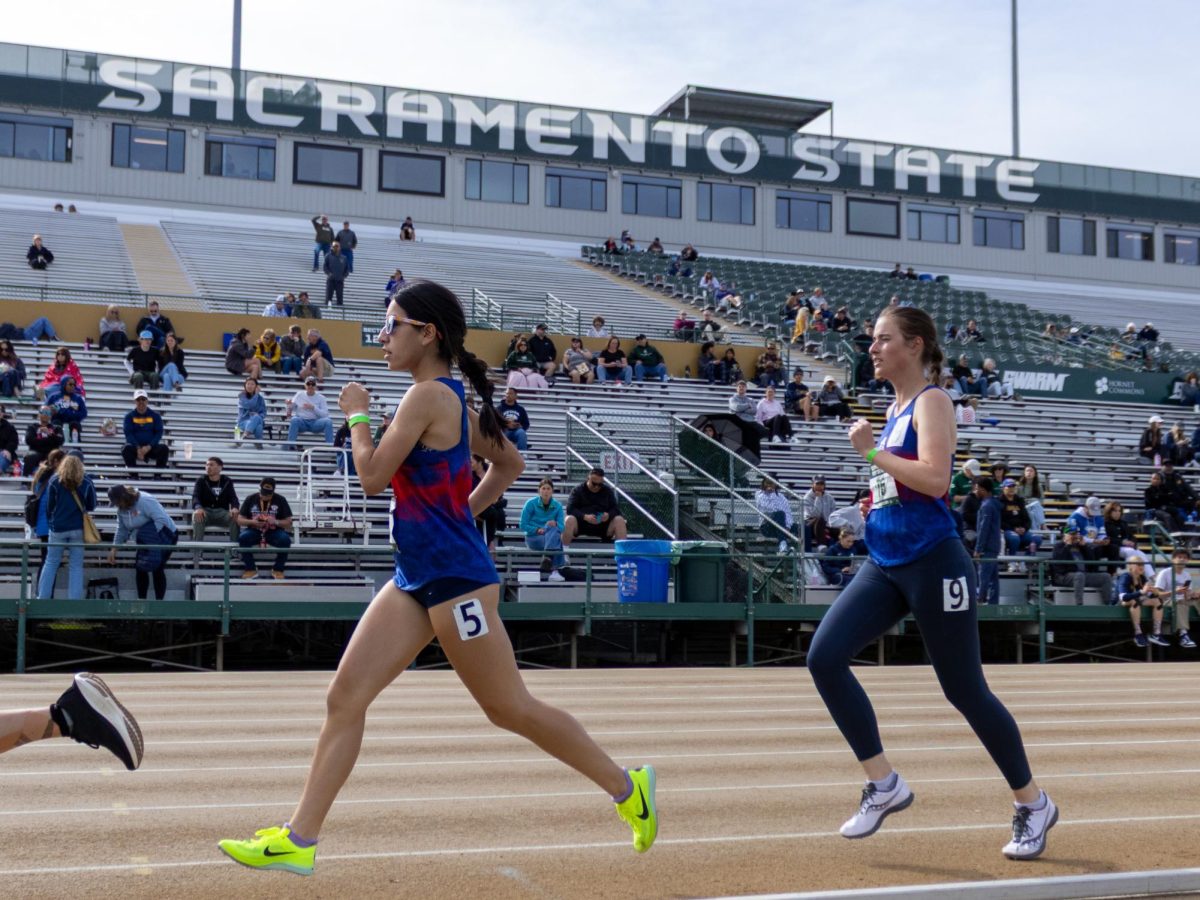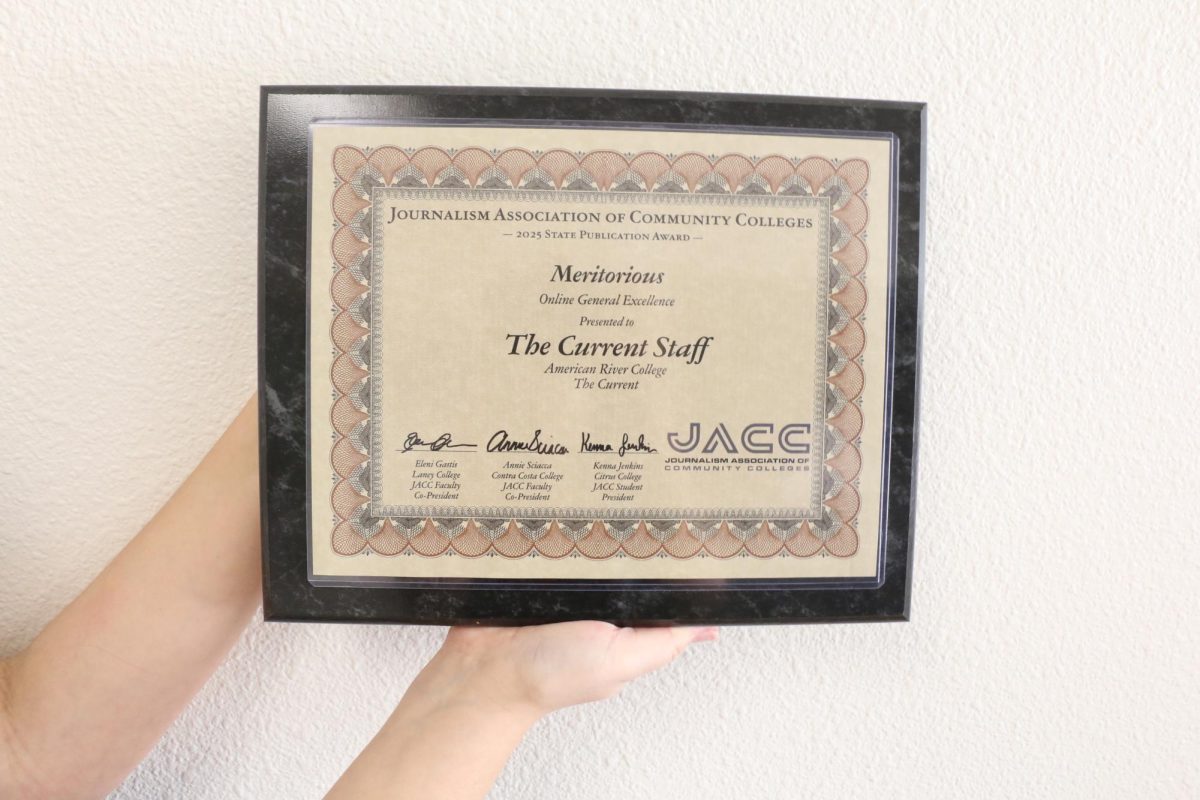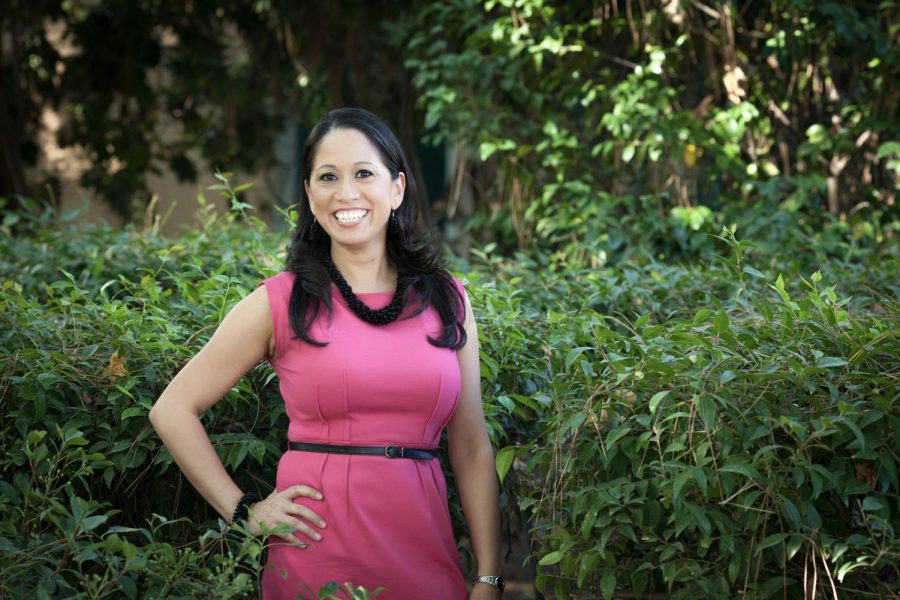When people look at me, they see me as an African American male – even though neither I nor any member of my immediate family has been to Africa – but what they don’t know is that there is more to me than what appears on the surface.
American River College sociology professor Nidal Hijazi was born in Ghana, but is of Lebanese descent.
“Race is a social construction,” said Hijazi, “a creation that we have produced through history. It’s always defined by power struggles within any given society.”
So when Governor Jerry Brown projected in his new state budget that Latinos will surpass whites as the largest ethnic group in California this year, according to Mark Hugo Lopez of the Pew Research Center, one wonders who constructed the categories being used.
Latinos, technically, are people who come from countries in Latin America, but that could encompass many different ethnic and racial backgrounds: descendants of black slaves in Central America, native Mayan and Aztec peoples and Europeans, for example.
Any person, from any of these groups, would be considered “Latino,” even though they are very different ethnically and racially. Someone from Brazil, a Latino, might be considered to be Hispanic (someone who speaks Spanish) on a census, even if he speaks Portuguese.
“Ethnic categories give us a much more detailed understanding of somebody, because they’re based on customs, culture and language. Racial classifications are much broader. They’re a picture with a broader brush,” said Hijazi.
Photo by Brooke Purves / brookempurves@gmail.com
When I applied to be an American River College student, I had to identify my race on the application, and I was able to check as many boxes as I wanted to.
When I look at myself, I know I’m black, but I also have strong Native American blood in me through my father. Through my mother I have Portuguese blood and my last name is a possible relic of a white slave owner.
So why classify myself as just one race?
ARC student Maso Smith, a music engineering major, has a family background that identifies as Hawaiian, African American and Native American, specifically the Miwok tribe from here in the Sierra region.
“I identify myself as African American because I look more African than anything else,” said Smith, “(but) I don’t think it’s important to identify ourselves by race, because I think it’s more about who we are as a person.”
Race really isn’t an important thing to keep track of when there is no clear meaning behind it.
Checking a box next to a racial label doesn’t define who a person is; it’s simply something we create in society to differ ourselves from one another. We are all part of the same human race, just from different parts of the globe.


